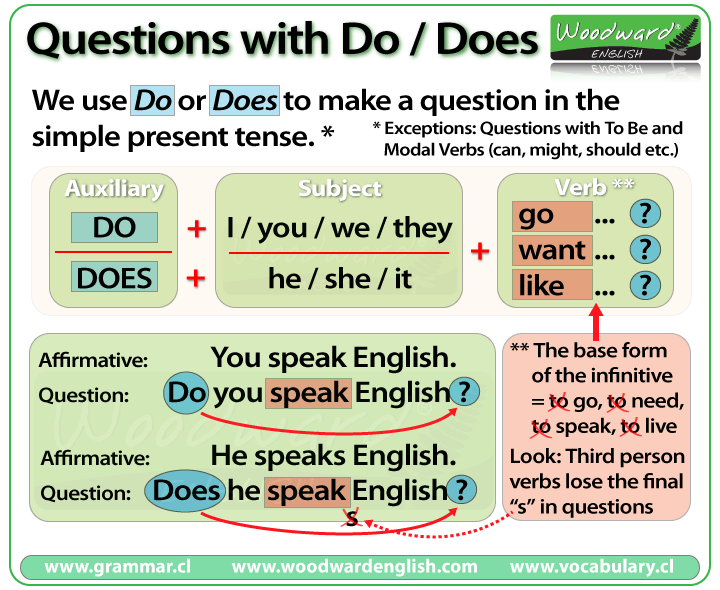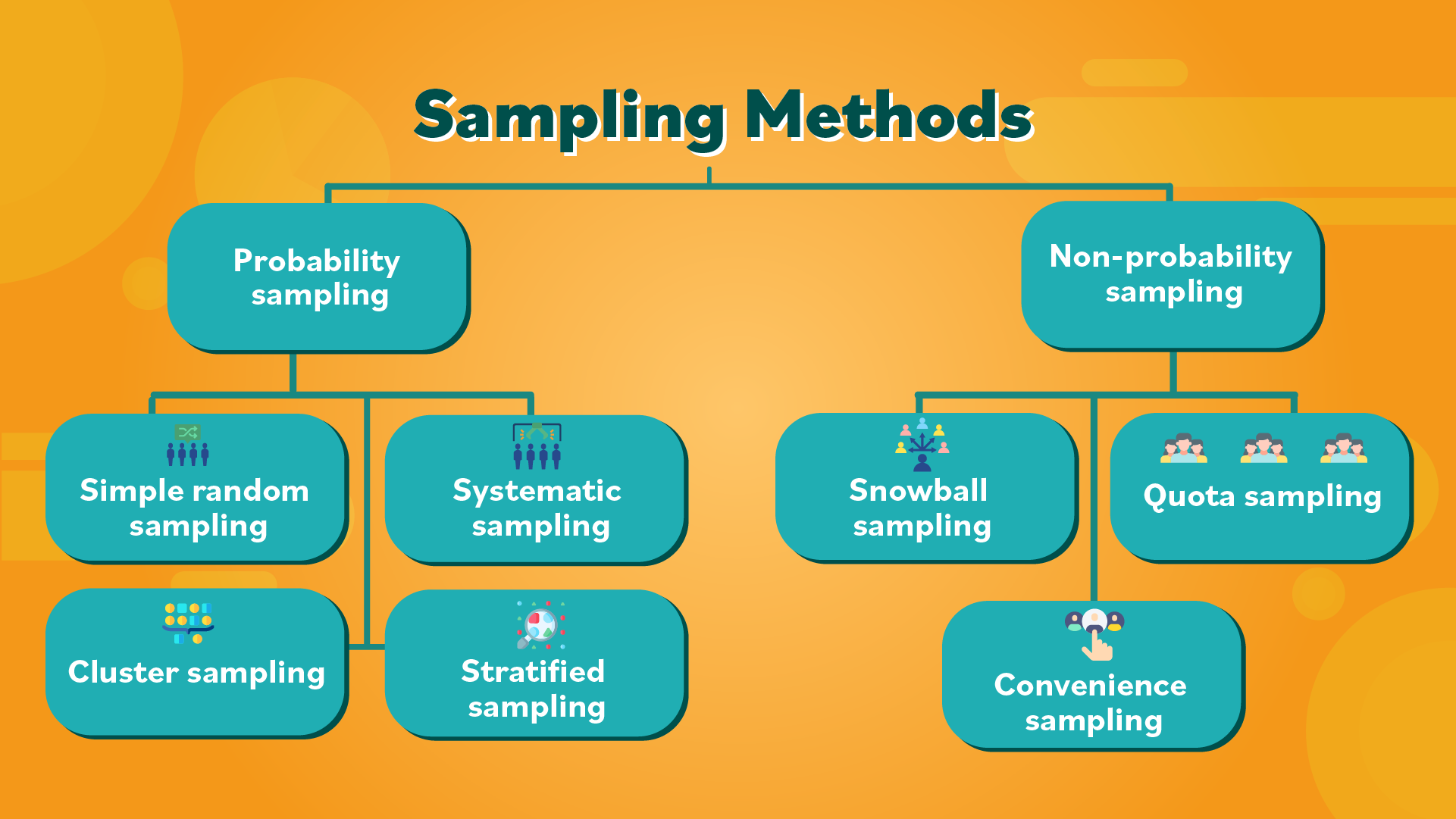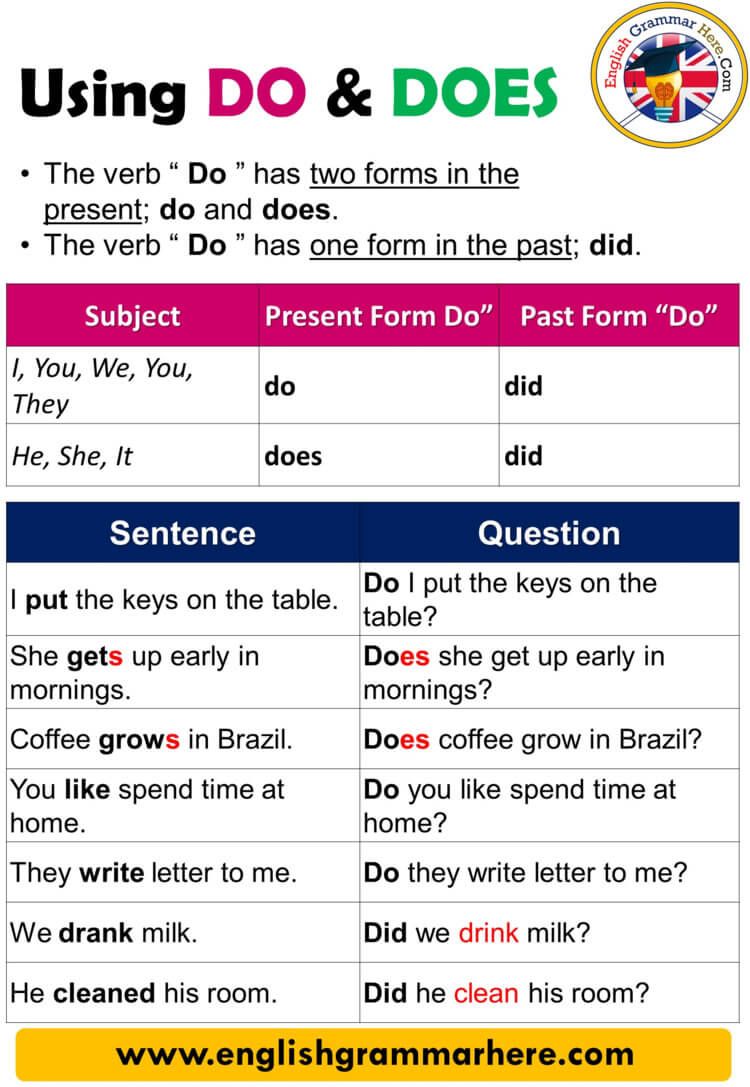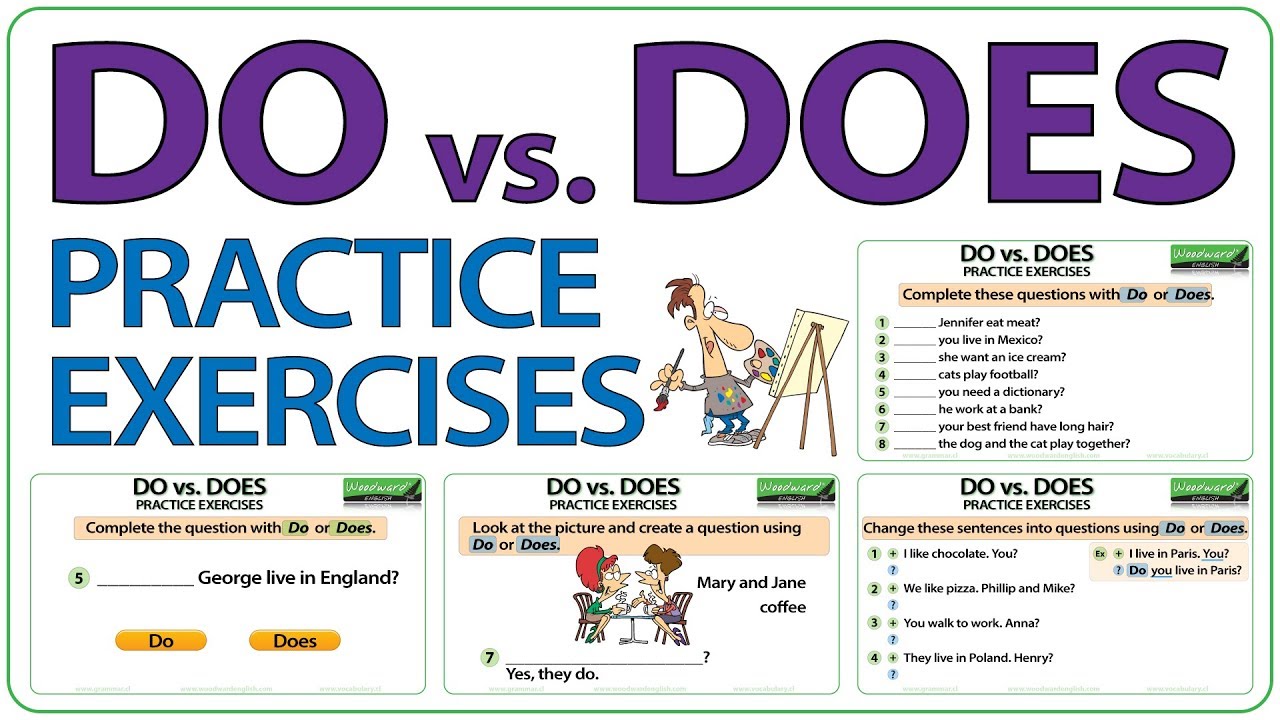How Old You Need to Be to Get a Real Estate License (Plus Next Steps)
Minimum Age to Get a Real Estate License
The minimum age to be issued a real estate license in the United States is typically 18 years old , based on state regulatory rules. For example, California’s Department of Real Estate requires applicants to be at least 18 to be issued a salesperson or broker license [1] . Reputable education providers that summarize California’s rules also cite the same threshold for salesperson licensing eligibility [2] , [3] , [4] . Because real estate licensing is state-based, you should verify your state’s age requirement; however, 18 is the most common minimum across the U.S.
In practice, this means you can complete pre-licensing education while approaching your 18th birthday, but your state may only
issue
the license after you turn 18. Some states may allow you to sit for the exam at 17 if you will be 18 by the time of licensure, but this is not universal. When uncertain, review your state’s official real estate commission or department website and look specifically for “Eligibility” or “License Requirements.”
Other Core Eligibility Requirements You Should Expect
Beyond age, most states require honesty, background screening, and education. California’s DRE outlines: honesty and truthfulness (criminal convictions can lead to denial), completion of required courses, passing the state exam, and meeting residency disclosures for out-of-state applicants [1] . Education providers that summarize California’s salesperson path list 135 hours of required pre-licensing coursework and a licensing exam, reinforcing the state’s process [2] , [3] , [5] .
Key takeaways you’ll likely encounter in most states:
- Age: 18+ at the time the license is issued [1] .
- Honesty and background: Disclosure of criminal history and fingerprint-based background checks where required [2] .
- Education: Pre-licensing coursework (California requires 135 hours for salesperson) [3] , [5] .
- Exam: Passing the state licensing exam before submitting a license application [2] .
- Sponsoring broker: Most states require new salespersons to affiliate under a supervising broker to practice [5] .
State-by-State Variation: How to Verify Your State’s Age Rule
Because rules vary, confirm with your state regulator. You can do this by:
- Searching for “[Your State] real estate commission” or “[Your State] department of real estate licensing.”
- Opening the “License Requirements,” “Eligibility,” or “Apply” page.
- Locating the minimum age and any timing rules about testing vs. issuing the license.
As a reference model, California’s DRE explicitly states “You must be 18 years of age or older to be issued a license” [1] . Reputable education providers that prepare candidates for California reinforce that the minimum age is 18 and that education and exams are required before issuance [2] , [3] , [4] .
Step-by-Step: How to Get Your License Once You Meet the Age Requirement
Use this general roadmap, then adapt to your state’s specifics:
- Confirm eligibility. Ensure you meet the minimum age (commonly 18), honesty, and residency disclosure requirements. California’s DRE notes age 18 and honesty/truthfulness as core criteria [1] .
- Complete pre-licensing education. Many states require 60-180 hours. In California, the salesperson path requires 135 hours across Real Estate Principles, Real Estate Practice, and one approved elective [3] , [2] .
- Pass your course final(s). Education providers administer proctored or online finals before you can schedule the state exam; California providers document this process as part of the 135-hour program [3] , [5] .
- Apply for and pass the state licensing exam. You will schedule with your state testing vendor as directed by your regulator; Kaplan’s California overview explains the exam application and prep steps [2] .
- Submit fingerprints and background documents (if required). Background checks are standard in many states and highlighted in California licensing checklists [2] .
- Choose a sponsoring broker. To practice as a salesperson, you generally must affiliate under a licensed broker who supervises your transactions; California guidance emphasizes broker supervision for practicing agents [5] .
- Submit your license application and fees. After you pass the exam and meet all requirements, submit your official application per your state’s portal timeline and instructions; California uses the DRE application process [2] , [1] .
Real-World Examples and Timing Scenarios
Example 1: A high school senior turns 18 in June. They complete required pre-licensing courses in spring, pass their course finals, and schedule the state exam for June. If the state requires being 18 only at the time of issuance, they can sit for the exam when allowed but will only be issued the license after turning 18. California explicitly ties issuance to being 18+ [1] .
Example 2: An out-of-state candidate pursuing California licensure completes 135 hours online, passes the California exam, and files the required out-of-state forms (such as Consent to Service of Process where applicable) before submitting the license application, consistent with summarized steps in California overviews [2] , [3] .
Example 3: A college student age 19 completes the education and affiliates with a sponsoring broker to start practicing after licensure, which is the standard path described by California providers and the regulator’s framework [5] , [1] .

Source: alamy.com
Common Challenges and Practical Solutions
Challenge: Balancing coursework with school or work. Solution: Choose providers offering flexible, self-paced online modules; California-approved providers describe bundled packages for the 135-hour requirement, which can be completed on your schedule [5] , [3] .
Challenge: Passing the state exam on the first attempt. Solution: Use dedicated exam prep courses, practice exams, and test-taking strategies; Kaplan outlines exam preparation offerings and sequencing aligned to California’s process [2] .
Challenge: Finding a sponsoring broker. Solution: Start networking early. Attend brokerage info sessions, ask about training, mentorship, technology, and commission plans. Many new licensees choose firms with structured onboarding to accelerate their first transactions; the supervising-broker requirement is emphasized in California guidance for practicing agents [5] .
Challenge: Background concerns. Solution: Full disclosure is critical. California emphasizes honesty and notes that certain convictions can lead to denial; transparency and documentation are essential when applying [1] , [2] .
Alternative Paths and Long-Term Growth
If you plan to operate independently, you may eventually pursue a
broker
license. California’s broker eligibility highlights age 18+, experience or education equivalencies, and passing the broker exam before issuance
[1]
. Early in your career, focus on mastering transactions as a salesperson, learning contracts, disclosures, and ethics, and building a book of business under a strong mentor broker.
Action Plan: Get Started Now
- Verify your state’s minimum age and rules. Review your state regulator’s official website for “Eligibility” or “License Requirements.” As a reference example, see California’s official age requirement and general rules [1] .
- Map your timeline. If you’re nearing age 18, schedule coursework and the exam so your license can be issued soon after your birthday. California’s path typically involves 135 hours, a state exam, and a background check before issuance [2] , [3] .
- Select an approved education provider. Consider flexibility, exam prep quality, and student support that align with your schedule and learning style; California-focused providers outline structured 135-hour packages and exam prep [5] , [3] .
- Prepare for sponsorship. Begin conversations with prospective brokers about onboarding, leads, training, and supervision so you can start fast after licensure [5] .
Key Takeaway
You generally need to be at least 18 years old to receive a real estate license, with requirements confirmed at the state level. California’s official regulator clearly sets 18+ for issuance and outlines honesty, education, exam, and application steps that mirror the broader U.S. licensing pattern [1] , [2] , [3] , [4] , [5] .
References
[1] California Department of Real Estate (Accessed 2025). Requirements to Apply for a Real Estate Broker License. [2] Kaplan Real Estate Education (2024). How to Get a California Real Estate License. [3] Mbition (Accessed 2025). How to Become a Real Estate Agent in California. [4] Rockwell Institute (Accessed 2025). California Real Estate License Requirements. [5] OnlineEd (Accessed 2025). How to Become a Real Estate Agent in California.

Source: alamy.com
MORE FROM couponito.com













